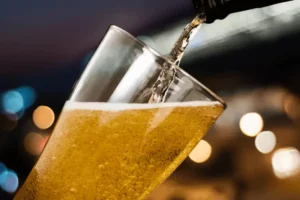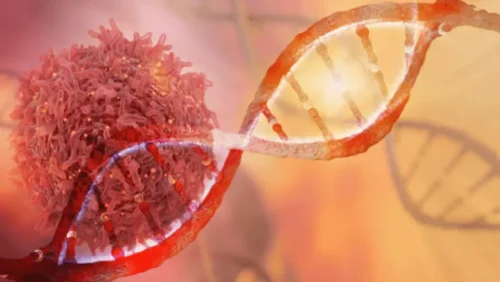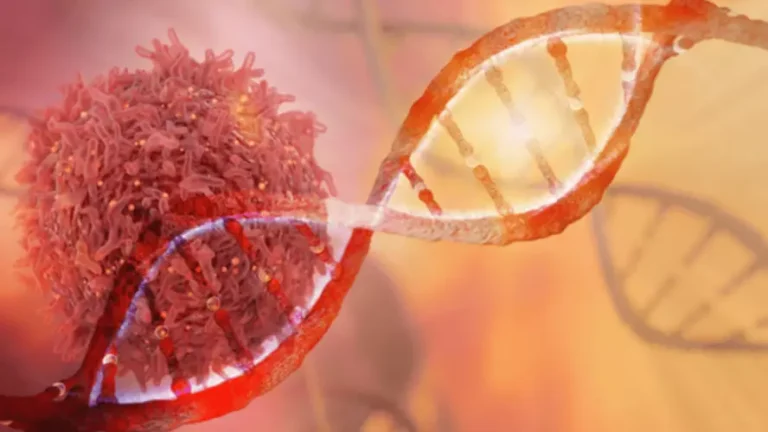
An individual who becomes addicted to alcohol is said to suffer from alcohol use disorder, or AUD. Control of emotions isn’t the only link between alcohol and anger. They feel anger to avoid other more challenging emotions and behaviors. Francisco Church is a rehabilitation specialist and the chief editor of Recovery Ranger.
How to prevent alcohol-fueled rage
Alcohol also disrupts your serotonin levels, which can disrupt your mood regulation. People who have lower-than-normal levels of serotonin tend to be more violent. In a 2010 study conducted in Sweden, researchers found a link between people who suppress their anger and their likelihood of getting into drunken brawls. Because alcohol decreases our self-control, our pent-up rage is more likely to emerge while drinking. The study also found that those who suppress anger were more likely to drink themselves to the point of being drunk, which increased their likelihood of getting into a drunken altercation.
Causes of Anger

Why do people, who have been sober for years, behave inappropriately with alarming regularity? Recently, I was asked this question in group therapy (the exact words have been edited as they were not fit to print). She believed that, even after decades of recovery, some people were “still messed up and acting out their issues.” Those expectations can also arise from what we’ve learned about alcohol from family members and peers. If you had a parent who was frequently enraged while drunk, you may expect that response in yourself when drinking and therefore exhibit it. A small 2015 study Substance abuse published in Translational Psychology investigated the role of this variation in impulsive and aggressive behavior while intoxicated (10).
The Effects of Alcohol on the Brain and Emotions

Mindfulness techniques are also highly beneficial for managing emotions and remaining in the present. Lastly, learning to set boundaries with others can minimize triggers, and allow you to process anger on your own, instead of taking it out on others. Working with a specialized alcohol therapist can arm you with tips and tools to make a change.
Anger and Alcohol: A Complex Relationship
- Instead, getting sober takes away the numbing effect of alcohol, allowing these naturally occurring feelings to resurface all at once.
- The mood someone is in when they begin drinking alcohol is often the mood that will be intensely felt once they’ve reached a level of intoxication.
- This is exacerbated by the fact that the higher the level of anger, the more alcohol they consume.
- Most people with alcohol use disorder do not get to this decision by themselves.
- TiredA common trigger for anger and alcohol cravings is exhaustion.
- If you have a problem with silently harboring anger, you may likely let it spill out while drinking.
These support people can help you see your part in situations, identify emotions, and hold you accountable to healthier coping skills. Oftentimes, anger is rooted in attempts to control our circumstances and other people. When a situation doesn’t match up with our preconceived expectations, we can get easily frustrated. Becoming angry can feel like a way to regain control, because it’s an emotion in our power.

Follow the UK low risk drinking guidelines
This is why professional guidance can be so valuable in addressing mean drunk behavior. Addictive lifestyle and turn your life in the opposite direction. This is something millions of others with an alcohol addiction have done. We know what drives alcohol users and abusers to continue drinking. Like benzos and other drugs, molecules of alcohol interact with the brain’s GABA receptors, prompting the release of dopamine. First, it’s critical to understand alcohol’s influence on the user’s brain.
Angry Drunks: Unraveling the Psychology Behind Their Behavior
As we continue to drink, the alcohol starts to affect different parts of the brain, especially those responsible for aggression and self-control. It’s like the brain is on a wild roller coaster ride — one minute we’re peacefully cruising along, and the next, we’re rocketing down a steep slope with the wind screaming in our ears. These scans show how alcohol-induced aggression was related to decreased activity in the prefrontal cortex, caudate, and ventral striatum, but increased activity why are alcoholics angry in the hippocampus. As already pointed out, alcohol causes us to fixate on immediate cues in the environment, so if those cues promote peaceful, happy, or non-aggressive behavior, we aren’t likely to be aggressive. If you feel your loved one needs professional help to stop drinking, it is probably best to seek professional help.
